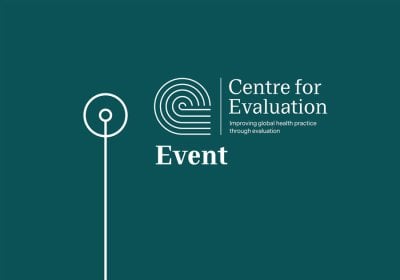This seminar will provide an overview of the systematic review and the HCPPR database. The HCPPR is free to access and users are free (and even encouraged) to publish analyses of the database.
Summary
Ministries of health and their partners spend considerable resources on strategies to improve health worker performance and health care quality (e.g., training, supervision, and incentives). Research on the effectiveness of different strategies can be valuable for program managers, donors, and other partners, as they decide which specific strategies to fund. Until now, however, there has not been one place where decision-makers could go to find a comprehensive summary of this research. The HCPPR is a systematic review designed to help fill this gap. The HCPPR currently includes more than 650 studies from LMICs on the effectiveness of more than 100 different strategies. The studies test strategies to improve health worker performance for a wide range of health conditions, including infectious diseases, reproductive health, and non-communicable diseases. There are studies of childhood illness and adult health conditions, and there are studies of health workers in hospitals, outpatient clinics, and at the community level. The review’s definition of “health worker performance” is very broad. Thus, strategy effectiveness has been assessed in terms of “upstream” outcomes (e.g., health worker knowledge, and outcomes on the utilization of health services), “process” outcomes (e.g., indicators of health worker practices related to diagnosis, treatment, counseling, etc.), and “downstream” outcomes (e.g., patient morbidity and mortality).
About the speaker
Alexander Rowe is a medical epidemiologist in the Malaria Branch of the Centers for Disease Control and Prevention (CDC). He received an MD from Cornell University and an MPH from Emory University. He has worked at CDC since 1994 in several areas: the chronic diseases center, an international child survival unit, and malaria. Key interests include improving health worker performance in developing countries (for all health conditions—not just malaria), strengthening health systems, monitoring and evaluation methods, and systematic reviews. He is the author or co-author of more than 55 scientific publications.
Admission
Contact

